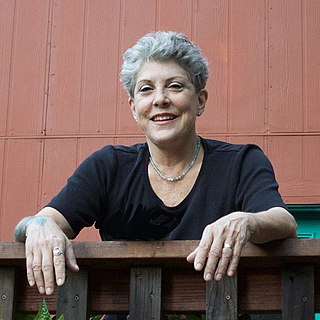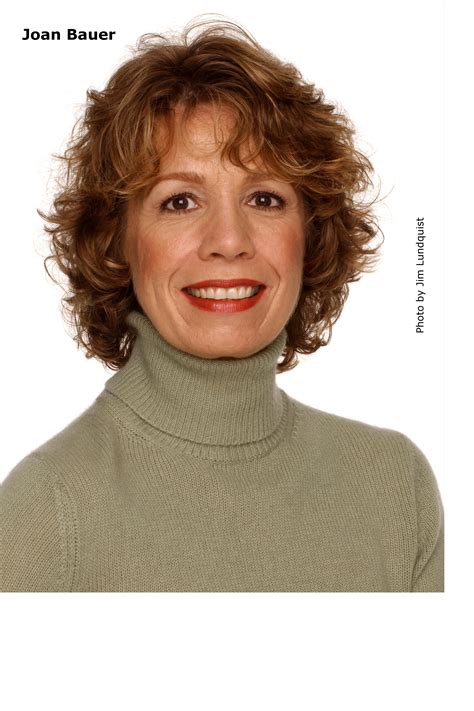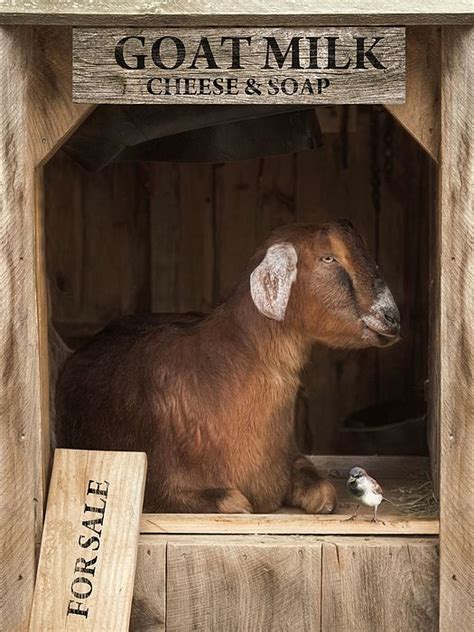A Quote by Antonio Damasio
Narratives are not fixed. We change our narratives for ourselves and we change them not necessarily deliberately. In other words, some people do, some people will constantly reconstruct their biography for external purposes, it's a very interesting political ploy.
Related Quotes
Generally, I start by observing the existing and popular narratives in my social spheres and media, and the pressures I face in my own life experiences. As someone who is "newly" trans, I am constantly thinking about what the dominant narratives are around transness, how my work can push against these narratives, and how it already falls into these traps.
I think we all are born inside of our parents' narratives. We stay there for a good while. We are taught their narratives about everything: their marriage, the world, God, gender, identity, etcetera. Then, at some point, our own narrative develops too much integrity to live inside that story. We don't ever fully escape it, but we move into our own stories.
Sometimes people will have a heart attack or some devastating personal loss, and after that, their political views change completely, and their behavior changes completely. It's not because somebody persuaded them to look at the graph on CO2 and temperature, and they finally saw the evidence and were persuaded. Something else changed that allowed them to see and to hear. What is that something else? How can we cultivate that in people without them having to go through a heart attack? The interpersonal things we do change the substructure of our systems. They are political.
If you’re reading these words, perhaps it’s because something has kicked open the door for you, and you’re ready to embrace change. It isn’t enough to appreciate change from afar, or only in the abstract, or as something that can happen to other people but not to you. We need to create change for ourselves, in a workable way, as part of our everyday lives.
We will continue our journey to our destination of peace and education. No one can stop us. We will speak up for our rights and we will bring change to our voice. We believe in the power and the strength of our words. Our words can change the whole world because we are all together, united for the cause of education. And if we want to achieve our goal, then let us empower ourselves with the weapon of knowledge and let us shield ourselves with unity and togetherness.
You're always going to have ups and downs - if you look at the careers of a whole bunch of people I respect, some of them have good movies, some of them have bad movies. I remember Andrew Garfield said that the only power we really have as actors - or one of the main powers we have as actors - is our choices. We can make interesting choices, but as soon as you've made that choice, so much else is in play: the director, the script can change, the other actors. All you can do is try to make interesting choices and, once you're in it, just do the best you can.
Poetry can explain individuals to ourselves, and change our attitudes, and help us see the complexity of the world, but the kind of poetry I follow isn't going to change public opinion directly. Other art forms can - if you're a TV writer, you have some interesting challenges, or if you're a country musician, somebody like Brad Paisley. But poetry not so much.
Books are like people. Some look deceptively attractive from a distance, some deceptively unappealing; some are easy company, some demand hard work that isn’t guaranteed to pay off. Some become friends and say friends for life. Some change in our absence - or perhaps it is we who change in theirs - and we meet up again only to find that we don’t get along any more.





































